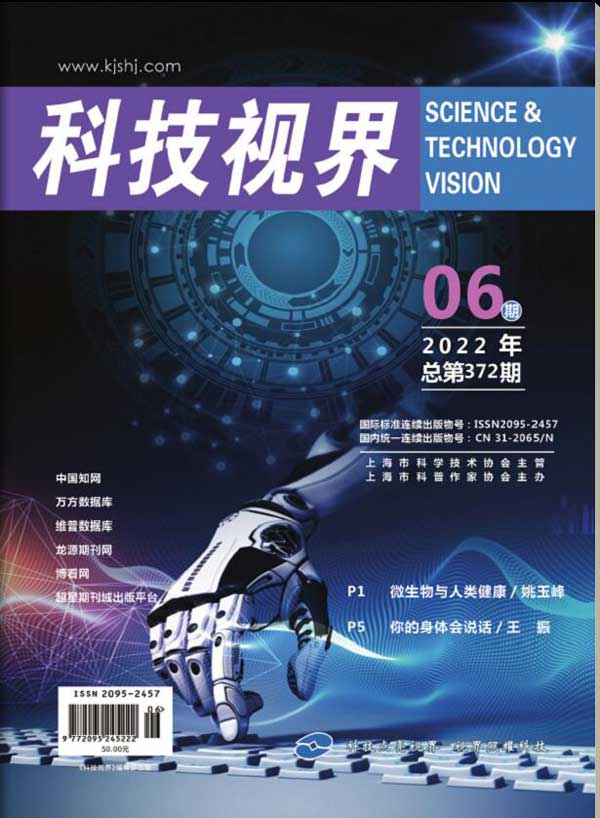传统方法和定制培养箱制备豆豉的生化和营养特性变化
引用次数: 1
摘要
研究了控制和不控制发酵温度对豆豉微生物负荷、生化变化和营养价值变化的影响,试图对大豆传统发酵工艺进行改造。稳定。无菌煮熟的豆子使用先前开发的低成本木制培养箱进行发酵,按照传统方法在恒温(35°C)和阳光直射下调节4天。比较了控制温度和不控制温度下发酵大豆的微生物负荷、生化变化和营养价值的变化。结果表明,两种发酵条件下的活细胞数、pH、游离氨基酸、蛋白水解活性和α -淀粉酶活性在整个发酵过程中均呈上升趋势,而还原糖在发酵第1天呈上升趋势,并随发酵过程逐渐下降。在这两种情况下,水分、蛋白质和热值也有所增加,而碳水化合物、脂肪和灰分值则有所减少。在控制温度下发酵,α -淀粉酶和蛋白水解活性、活细胞数、pH、游离氨基酸和营养价值水平均较高。上述结果表明,利用低成本培养箱在可控温度下以较高的速度发酵,且发酵时间从3天缩短到2天,且工艺简单,可用于蚌壳菌的商业化生产。本文章由计算机程序翻译,如有差异,请以英文原文为准。
Changes in biochemical and nutritional properties of bekang-um (fermented soybean) prepared by traditional method and customized incubator
Effect of controlled and uncontrolled fermentation temperature on the microbial load, biochemical changes and change in nutritive value of bekang-um was studied in an attempt to upgrade the traditional fermentation technology of soybean, Glycine max (L.) Merr. The sterile cooked beans were fermented using a low-cost wooden incubator developed previously, adjusted at a constant temperature (35°C) and also under direct sunlight for 4 days following the traditional method. The microbial load, biochemical changes and changes in nutritive values of both the beans fermented were compared under controlled and uncontrolled temperature. The result showed that the viable cell counts, pH, free amino acids, proteolytic activity and alpha amylase activity increased in both the fermenting conditions throughout the process while the reducing sugar increased in the first day and decreased gradually with fermentation in both conditions. There is also an increase in moisture, protein and calorific value, and a decrease in carbohydrate, fats and ash value in both conditions. Fermentation under controlled temperature gave the higher levels of alpha amylase and proteolytic activities, viable cell counts, pH, free amino acids and nutritive value. These results suggested that fermentation proceeds at higher rate under controlled temperature using low-cost incubator could be utilized for the commercial production of bekang-um as the fermentation time could be reduced from three days to two days in addition to its simpler technology.
求助全文
通过发布文献求助,成功后即可免费获取论文全文。
去求助
来源期刊
自引率
0.00%
发文量
59577
期刊介绍:
Science & Technology Vision is a science and technology journal supervised by the Shanghai Association for Science and Technology and sponsored by the Shanghai Science Writers Association. It takes grassroots science and education workers as readers, popularizes scientific knowledge, tracks hot issues in science and technology at home and abroad, pays attention to new developments, new technologies, and new achievements in the forefront of the science and technology community, adheres to the combination of theory and practice, popularization and exploration, integrates scientificity, knowledge, academicity, and foresight, and builds a platform and theoretical position for academic debate for the majority of science and technology workers. Science & Technology Vision has been fully included in "China National Knowledge Infrastructure", "Chinese Science and Technology Journal (VIP) Database", "Longyuan Journal Network", "Education Reading Network", and "Wanfang Database".

 求助内容:
求助内容: 应助结果提醒方式:
应助结果提醒方式:


